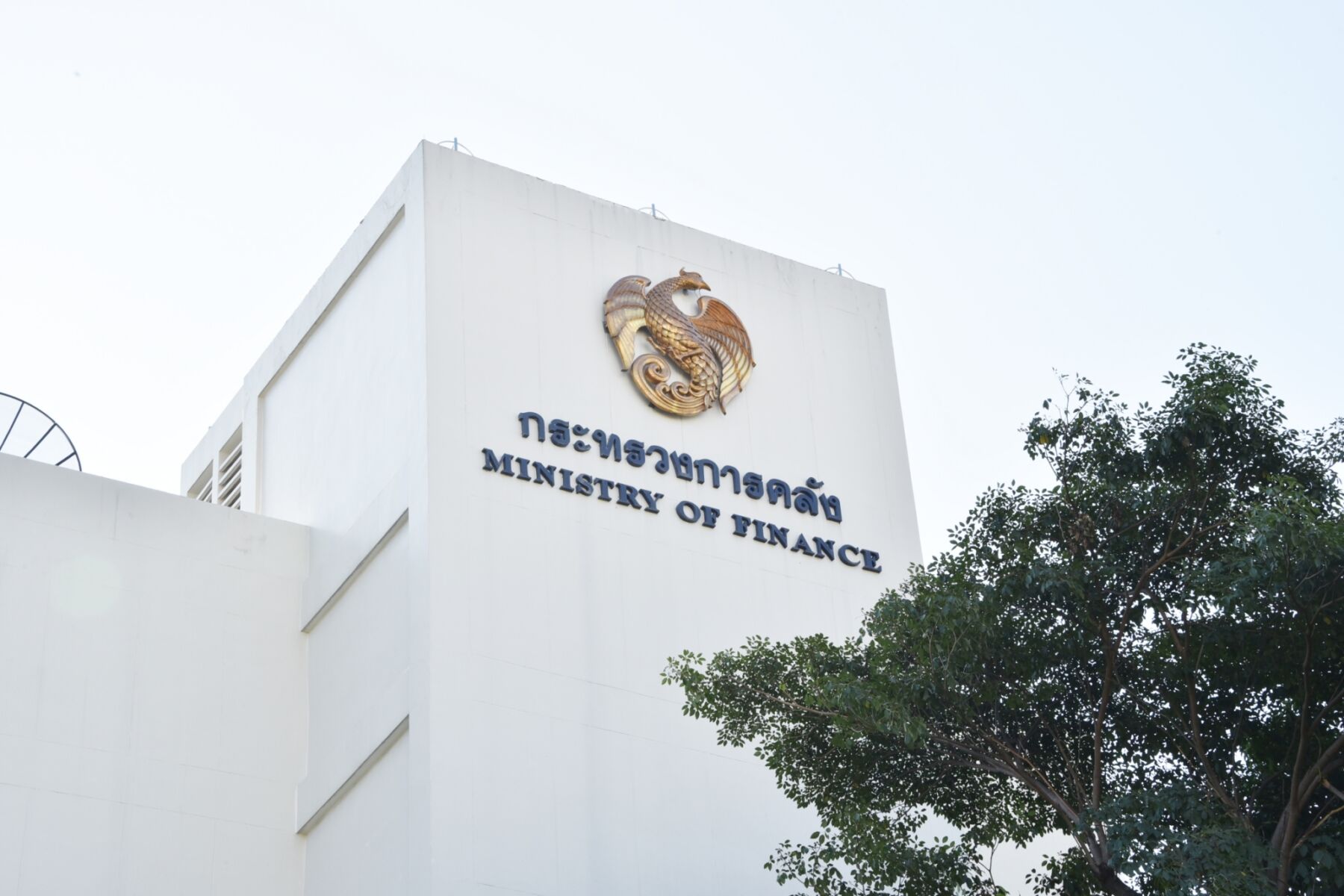Finance Ministry to sell 50% stake shares for 30 to 40 billion baht

The State Enterprise Policy Office (SEPO) is set to divest shares held by the Finance Ministry, where stakes are below 50%, over the next four to five years. The sale will utilise a mark-to-market pricing method to ensure fair market value is considered.
Tibordee Wattanakul, SEPO Director-General, highlighted the challenges faced in previous attempts to offload these shares. A lack of interested buyers and concerns about potential losses from sales prices have previously hindered efforts.
“There are two methods for selling shares: the equity approach, based on the original acquisition cost, and the mark-to-market method, which considers the current market price of the shares.”
Given that the current market value of some shares has decreased, selling them at their original acquisition cost would result in inevitable losses. This makes the mark-to-market approach a necessary strategy, according to Tibordee.
Despite the potential for losses when selling below book value, the opportunity costs of holding these assets are significant. For Tibordee, liquidating these shares could return much-needed liquidity to the state.
“If the assets are not sold, they will remain stagnant, potentially causing greater harm to the state.”
Currently, the Finance Ministry holds less than 50% stakes in 133 companies. SEPO plans to auction these shares gradually, pending ministry approval, with an expectation to maintain holdings in around 20 companies with under 50% stakes after the sales.
SEPO estimates the Finance Ministry could generate between 30 to 40 billion baht from these share sales. Some shares, where the ministry holds only 3% to 5%, are small and may not entice investors. To address this, SEPO might collaborate with private firms holding the same shares to pool them and sell them as larger blocks, enhancing their investment appeal.
Many of these shares were acquired through incidental means or legal circumstances, such as asset seizures by the Anti-Money Laundering Office. This often limits management authority and yields no returns due to the minor stakes and declining share values.
All share sales must first be reviewed and approved by the Cabinet. The Cabinet will decide which shares the ministry should retain, based on alignment with the ministry’s mission, reported Bangkok Post.
Shares not serving this purpose will be authorised for SEPO to sell, Tibordee confirmed.
Latest Thailand News
Follow The Thaiger on Google News:


























